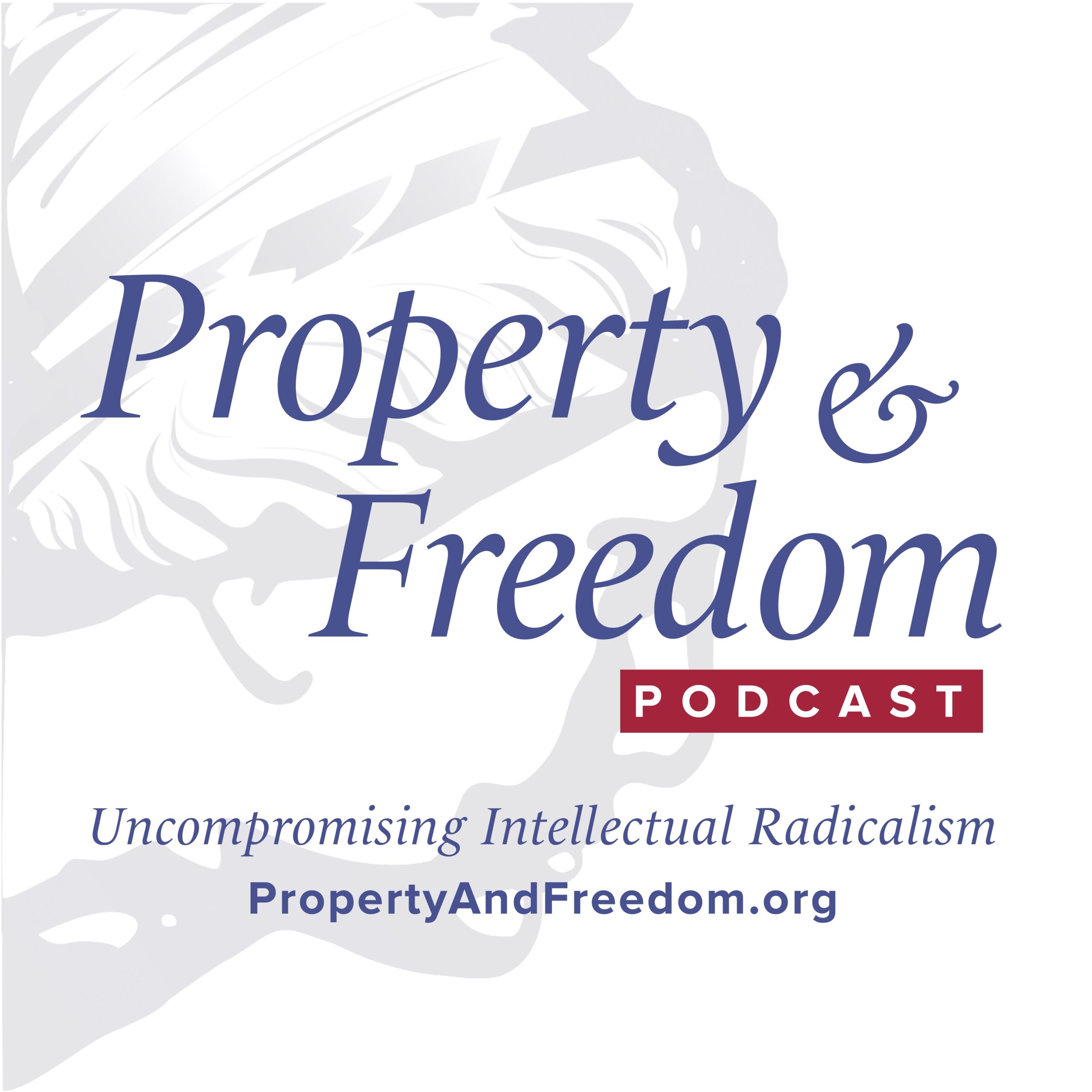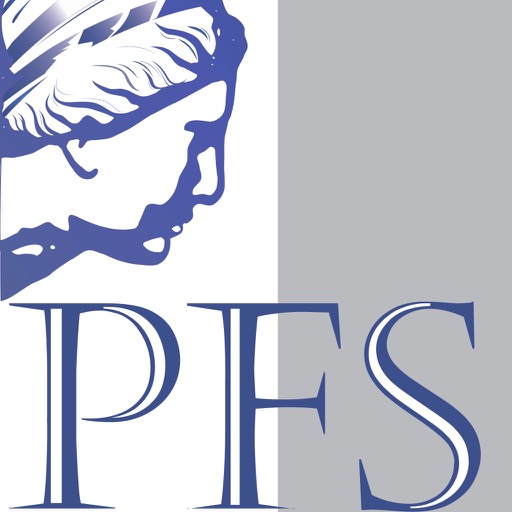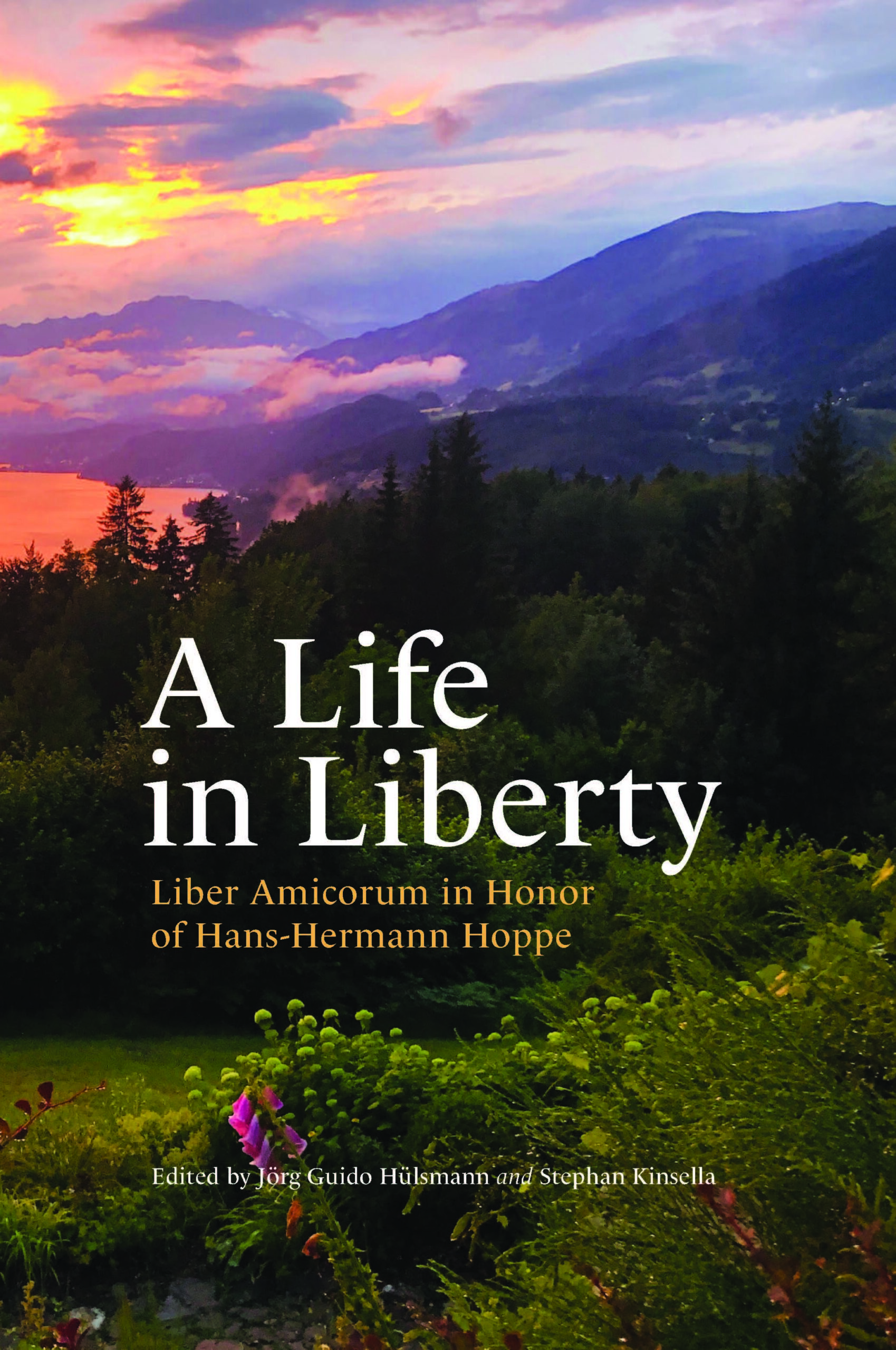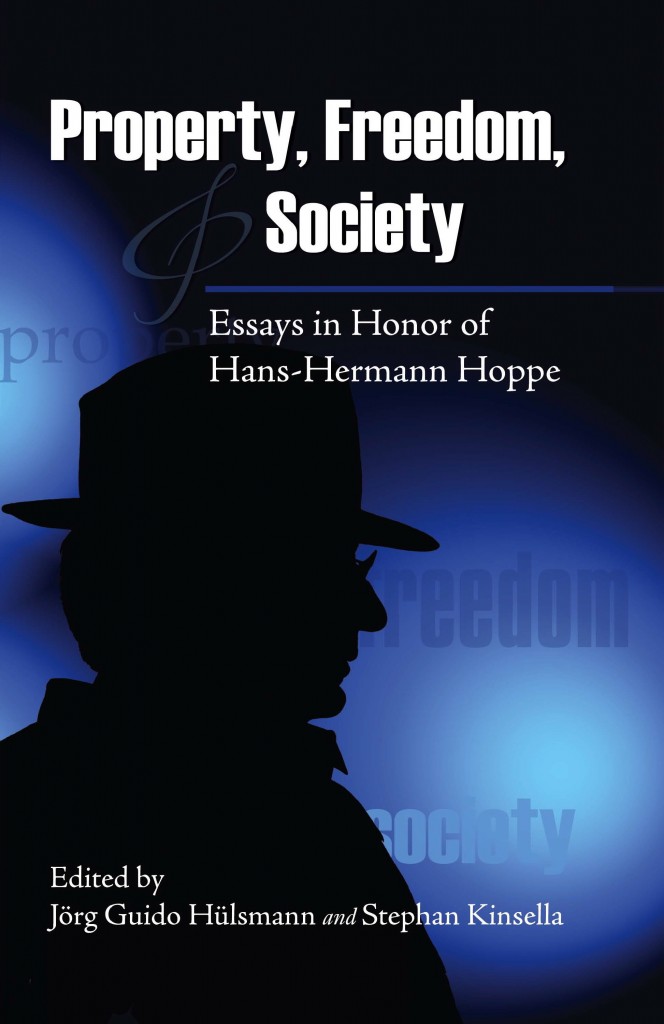Property and Freedom Podcast, Episode 195.
This talk is from the 2018 Annual Meeting of the Property and Freedom Society. Stephan Kinsella (USA), International Law Through A Libertarian Lens. Powerpoint slides embedded below.
Also podcast at: KOL250 | International Law Through a Libertarian Lens (PFS 2018).
Related material: see material linked in the above slides, including:
- Kinsella, On the UN, the Birchers, and International Law
- Rubins, Papanastasiou & Kinsella’s International Investment, Political Risk, and Dispute Resolution: A Practitioner’s Guide, Second Edition (Oxford, 2020)
- KOL001 | “The (State’s) Corruption of (Private) Law” (PFS 2012)
- International Law MOOC (Youtube)
- Sovereignty, International Law, and the Triumph of Anglo-American Cunning | Joseph R. Stromberg
- Rosalyn Higgins, Problems and Process: International Law and How We Use It (Clarendon, 1994)
- Mark Janis, International Law (7th Ed. 2018)
- Restatement (Third) of the Law, The Foreign Relations Law of the United States (1987), HeinOnline, Westlaw (not online)
- American Society of International Law (ASIL), Electronic Information System for International Law (EISIL)
- M.N. Shaw, International Law (7th Ed. 2017)
- Ian Brownlie (Crawford), Principles of Public International Law (1966) (8th ed., 2012)
Update: See also my International Law, Libertarian Principles, and the Russia-Ukraine War; and Murray Rothbard, “Just War,” in John Denson, ed., The Costs of War:
Much of “classical international law” theory, developed by the Catholic Scholastics, notably the 16th-century Spanish Scholastics such as Vitoria and Suarez, and then the Dutch Protestant Scholastic Grotius and by 18th- and 19th-century jurists, was an explanation of the criteria for a just war. For war, as a grave act of killing, needs to be justified.
… Classical international law … should be brought back as quickly as possible.
Podcast: Play in new window | Download (28.2MB)






You must log in to post a comment. Log in now.